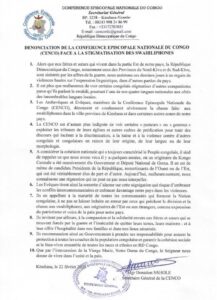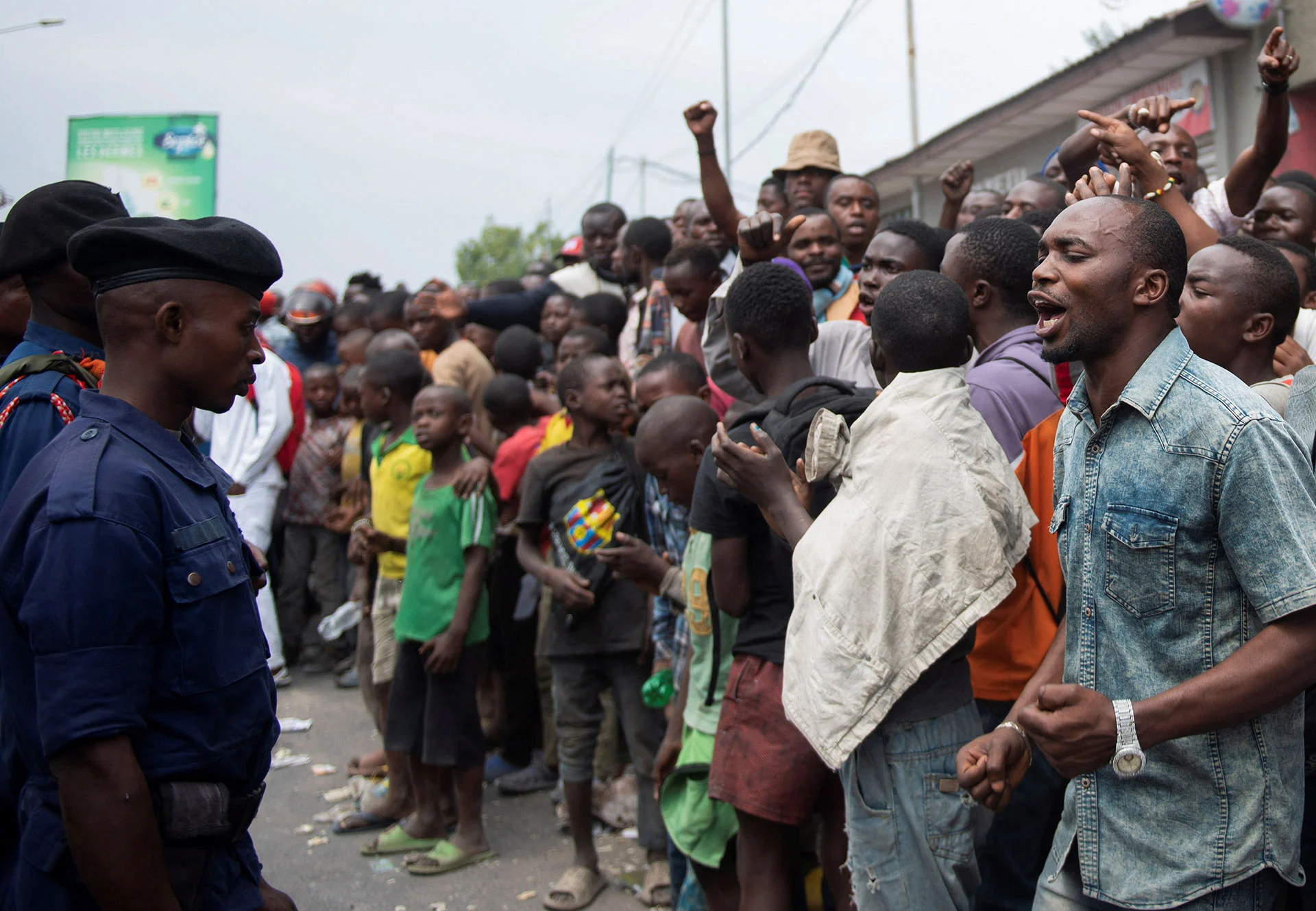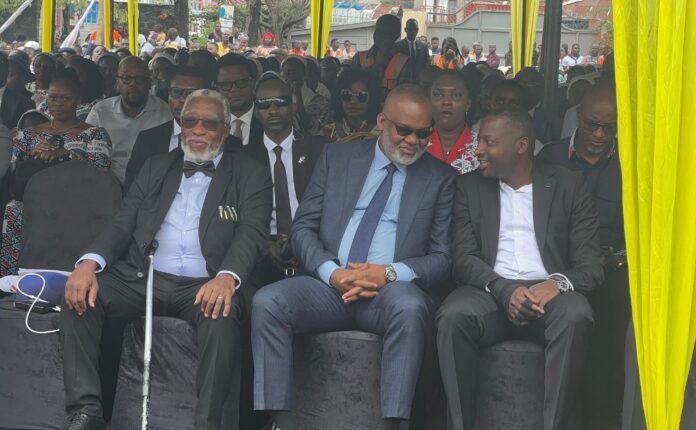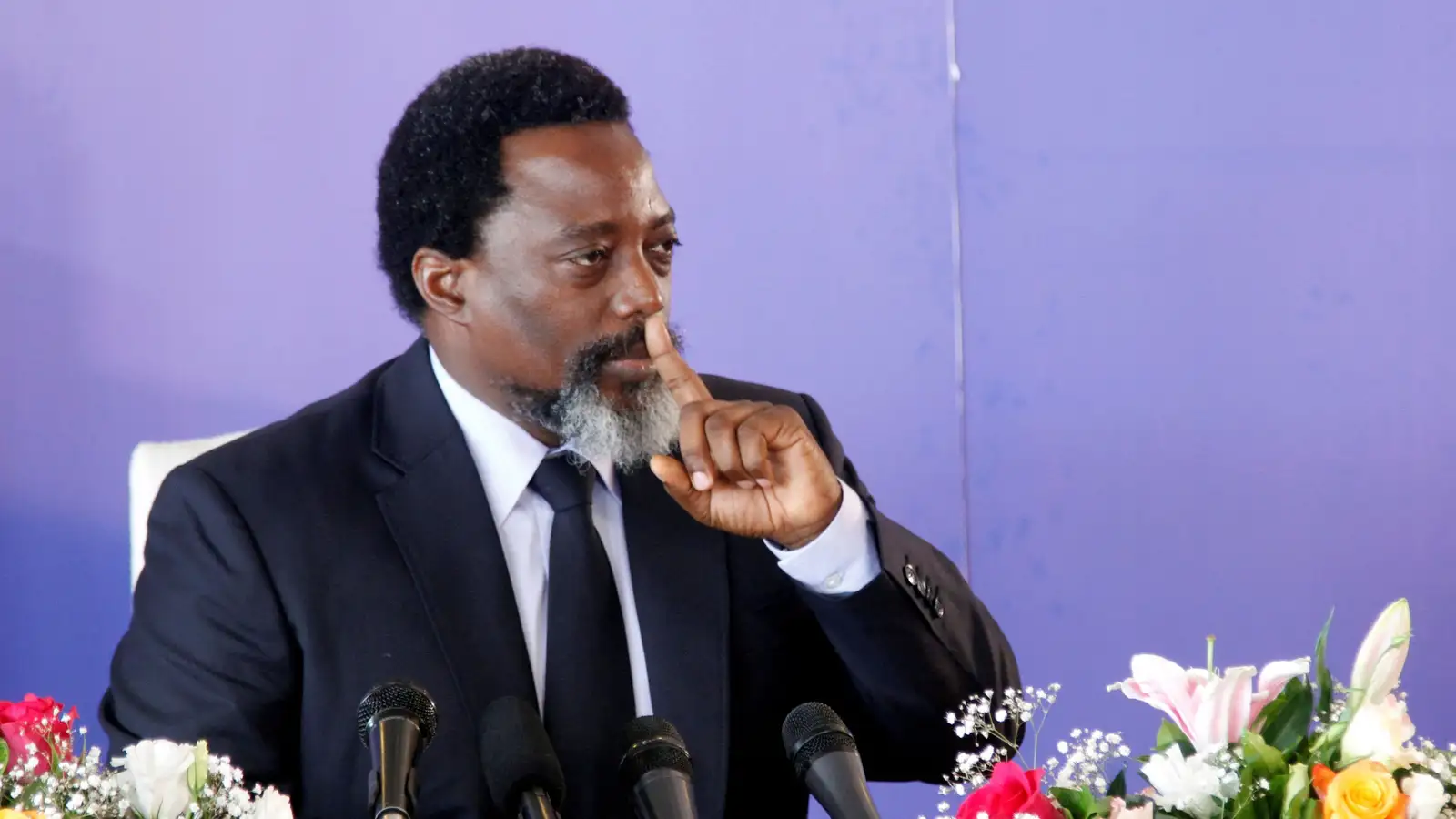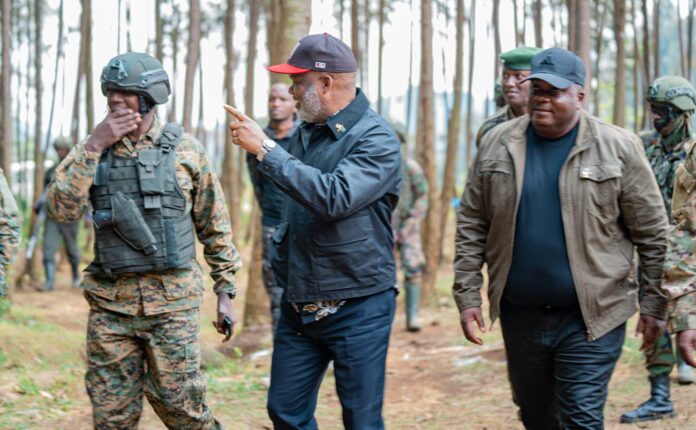The Democratic Republic of Congo (DRC) is going through a period of heightened tensions and violence, marked by increasing stigmatization against the Swahili phone communities. The regime in Kinshasa, under the presidency of Félix Tshisekedi, is accused of orchestrating a veritable manhunt against this population, under the pretext that they support the movement M23.
Note: Company, Blog, Church websites are free.
Swahili phones in the DRC are facing growing oppression, similar to what Rwandaphone have suffered. Alarming reports indicate cases of abductions, physical violence, and even murders perpetrated by militias supported by security forces. The reason for this persecution? The unfounded assumption that anyone speaking Swahili is affiliated with movement groups or foreign interests.
This policy of demonization and persecution poses a major threat to national cohesion and the country’s stability. By labeling a segment of its citizens as “Rwandans” simply because of their spoken language, the government is sowing the seeds of a large-scale ethnic conflict and exposing the DRC to accusations of human rights violations.
Recent African history has shown the disastrous consequences of such practices. Discrimination based on language and cultural identity has been a precursor to past genocides, notably the 1994 Rwandan genocide. The intensification of violence against Swahili phones in the DRC could ultimately lead to mass massacres if the international community does not react swiftly.
It is regrettable that some global powers, despite having witnessed the devastation of such tragedies, choose to defend their strategic interests rather than firmly condemn these atrocities. This complacency could be interpreted as tacit approval of the ongoing repression and discrimination.
Given this critical situation, it is imperative for the international community, human rights organizations, and regional and international judicial bodies to intervene to stop these systematic violations. Ethnic and linguistic persecution must be denounced with the utmost severity, and those responsible for these crimes must be held accountable before the law.
Moreover, the targeted populations must not succumb to intimidation. Peaceful resistance, community organization, and engagement in the defense of fundamental rights remain crucial means to counter this oppression.
The Kinshasa regime must immediately put an end to these acts of stigmatization and persecution against Swahili phones. The unity and stability of the DRC depend on it, and history will judge those who contributed to the division and suffering of their own fellow citizens.
